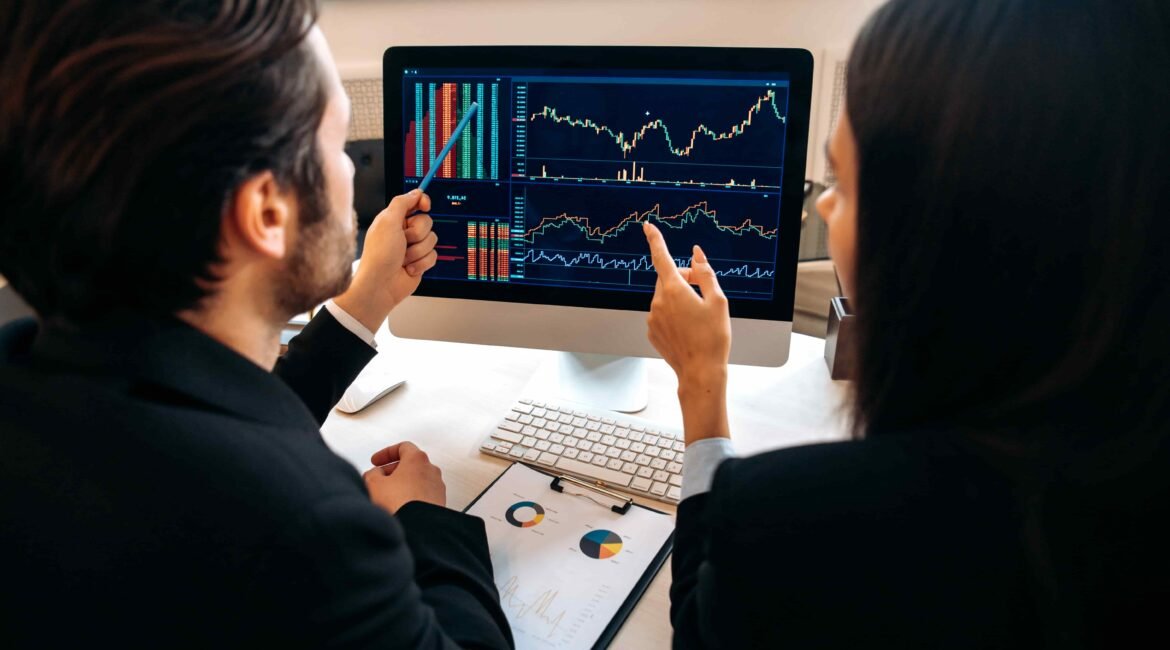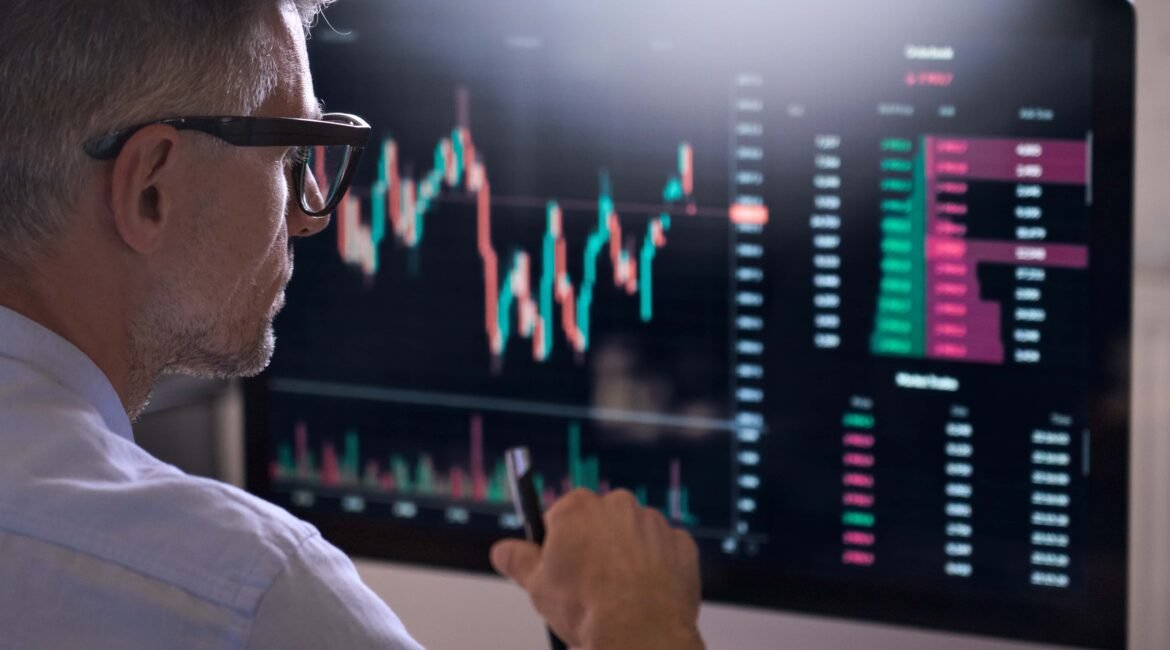Market making is a crucial activity in financial markets that ensures liquidity and facilitates the smooth functioning of trading. Market makers are entities or individuals that continuously offer to buy and sell securities at publicly quoted prices, ensuring that investors can trade these securities whenever they wish. By doing so,...
What is the Carry Trade?
The carry trade is a popular financial strategy used by investors and traders in the foreign exchange market. At its core, the carry trade involves borrowing money in a currency with a low interest rate and investing it in a currency with a higher interest rate. The difference between the...
What is Positional Trading?
Positional trading, often referred to as long-term trading, is a trading style where traders hold positions for extended periods, ranging from several weeks to months or even years. Unlike day or swing trading, positional trading is less about short-term market fluctuations and more about capturing significant price movements over time....
Volume Price Analysis
Volume Price Analysis (VPA) is a technique that combines the study of price with volume to provide a more comprehensive view of market trends. By analyzing both price and volume, traders can gain deeper insights into potential future price movements. This method is rooted in the belief that volume precedes...
Institutional Traders
Institutional traders play a pivotal role in the financial markets, often moving vast sums of money and influencing market trends. These traders represent financial institutions such as banks, hedge funds, and mutual funds. Their trading activities differ significantly from those of retail traders, both in terms of scale and strategy....
VIX trading: How to Trade the VIX
The Volatility Index (VIX) is often referred to as the "fear gauge" of the stock market. It measures the market's expectation of volatility over the next 30 days. Trading the VIX can be a lucrative endeavor for those who understand its intricacies. This article will delve deep into the world...
Understanding the Concept of Rangebound in Trading
Rangebound refers to a situation in the financial markets where the price of an asset, such as stocks, commodities, or currencies, fluctuates within a specific price range for a certain period of time. When an asset is rangebound, it means that it is trading between a defined level of support...
Spinning Top Candle: A Comprehensive Guide
The spinning top candle is a crucial concept in the realm of technical analysis in trading, representing a market situation where neither buyers nor sellers could gain an upper hand. It is a candlestick pattern that traders often monitor to make informed decisions in the financial markets. Key Takeaways The...
What is Retail Trading?
Retail trading refers to the buying and selling of financial instruments by individual investors, rather than institutional investors. These individual investors, also known as retail traders, typically trade in smaller quantities compared to institutional traders. Retail trading has seen a significant surge in popularity, thanks to the advent of online...
Best Investment Apps UK: Top Picks for Easy Investing
Investing in stocks and shares has never been easier, thanks to the plethora of investment apps available in the UK. These apps offer a convenient way for investors to access the stock market and manage their investments on the go. Whether you're a seasoned investor or just starting out, there's...











